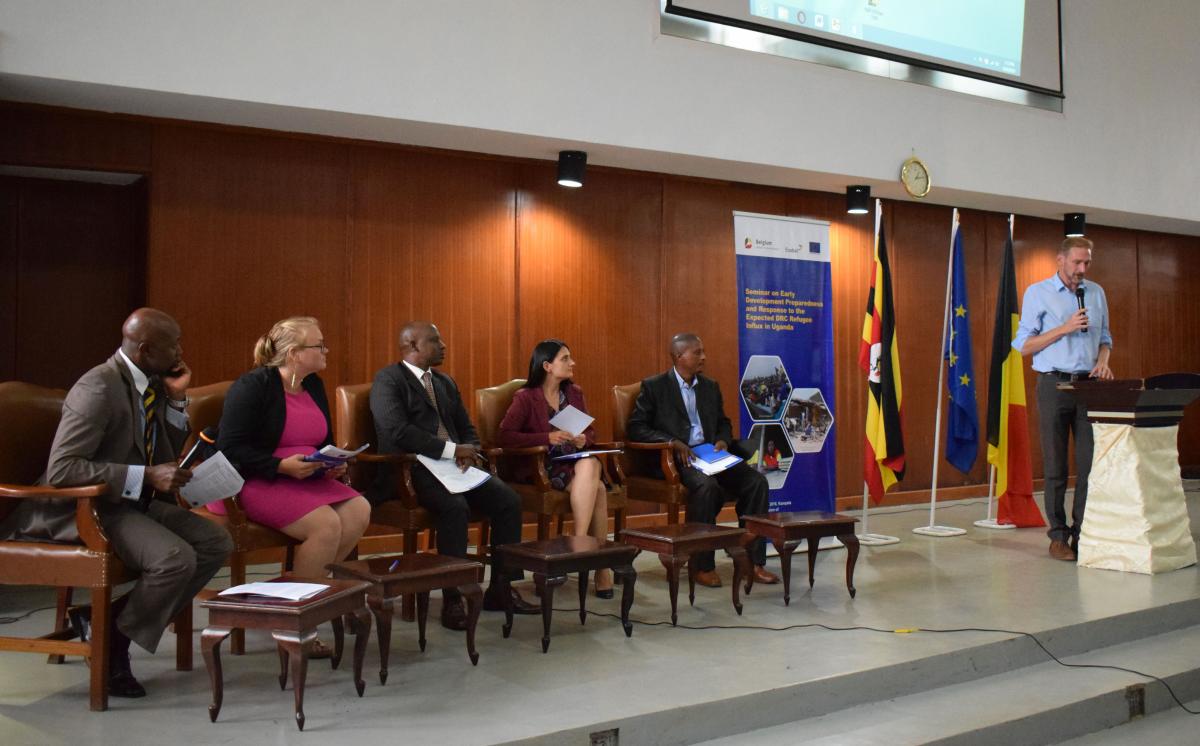How Congolese refugees can bring economic opportunity to Uganda
On the occasion of World Refugee Day, Enabel’s Support to Skilling Uganda
project together with the Embassy of Belgium and the European Union Delegation
to Uganda, organised a seminar on "Early
Development Preparedness and Response to the Expected DRC Refugee Influx in
Uganda".
The idea for
the seminar stems from a recent scoping study by the International Refugee
Rights Initiative on the Congolese refugee influx to Uganda, which assessed the current displacement dynamics in
the Democratic Republic of Congo (DRC). The study confirmed a high probability
of continued violent conflicts, resulting in a large-scale exodus of Congolese
refugees in the following months and years. These vulnerable people will search
for protection, access to basic services and livelihood opportunities in neighboring
countries such as Uganda.
Therefore,
the seminar explored ways to ensure that DRC refugees can be woven into the Ugandan
socio-economic fabric, hereby focussing on a close collaboration between
humanitarian and development partners.
The seminar
consisted of two panels, with the first one focusing on stability and security
issues of the expected influx, and the second one on the economic integration
of these Congolese refugees. According to Niels De Block, International Skills Development
Expert at Enabel, ”Refugees don’t have to be a burden. They can bring economic benefits to
Ugandan society provided that their economic integration is encouraged. By being economically active and
entrepreneurial, refugees often push economic growth which then stimulates job creation
for the host community.”
Eminent
researchers, such as Dr.
Naohiko Omata (Refugee Studies Center
of the University of Oxford), and Dr. Nassim Majidi (Sciences Po’s Center for International
Studies), fueled the discussions with keynotes.
At the closing round table Belgian
ambassador to Uganda, Hugo Verbist, concluded that “In addition to formal education, we
should focus on training the youth in refugee and host communities. They need
to be skilled, on the work floor or elsewhere, in trades that will facilitate
their entrance in the labor market.”
Latest news from this project
No news

